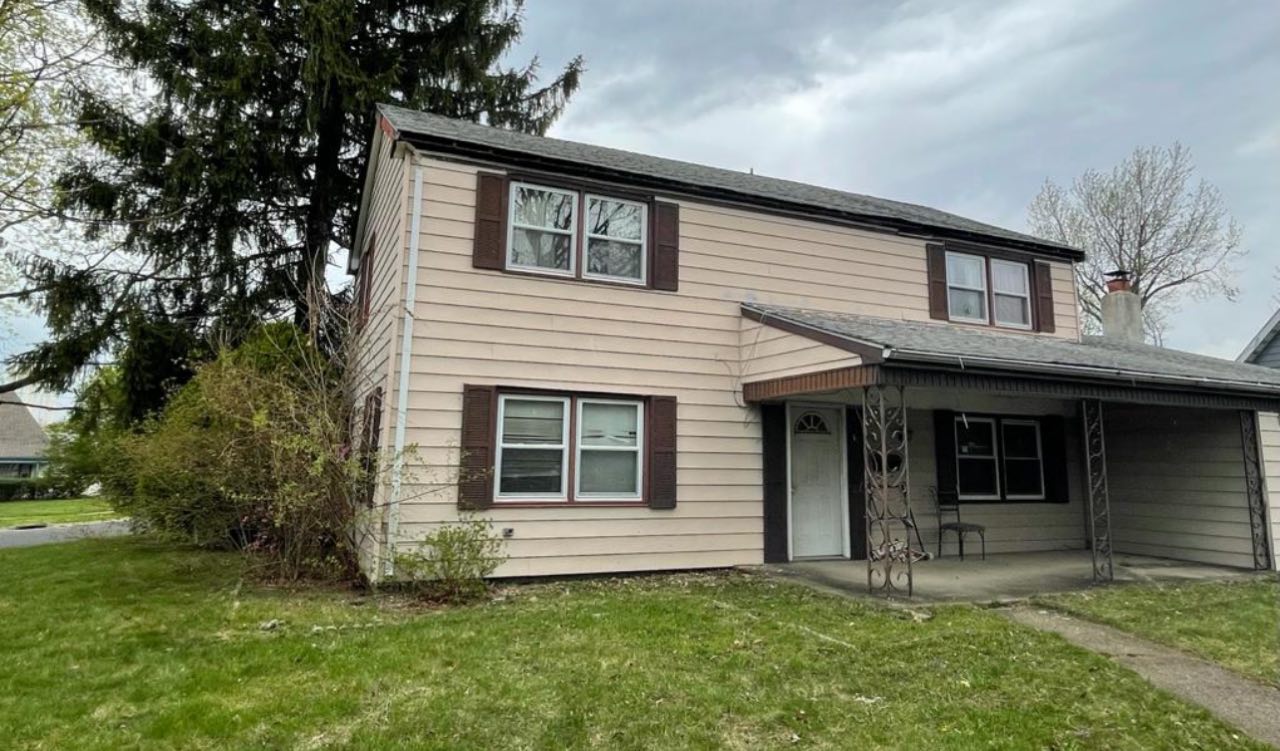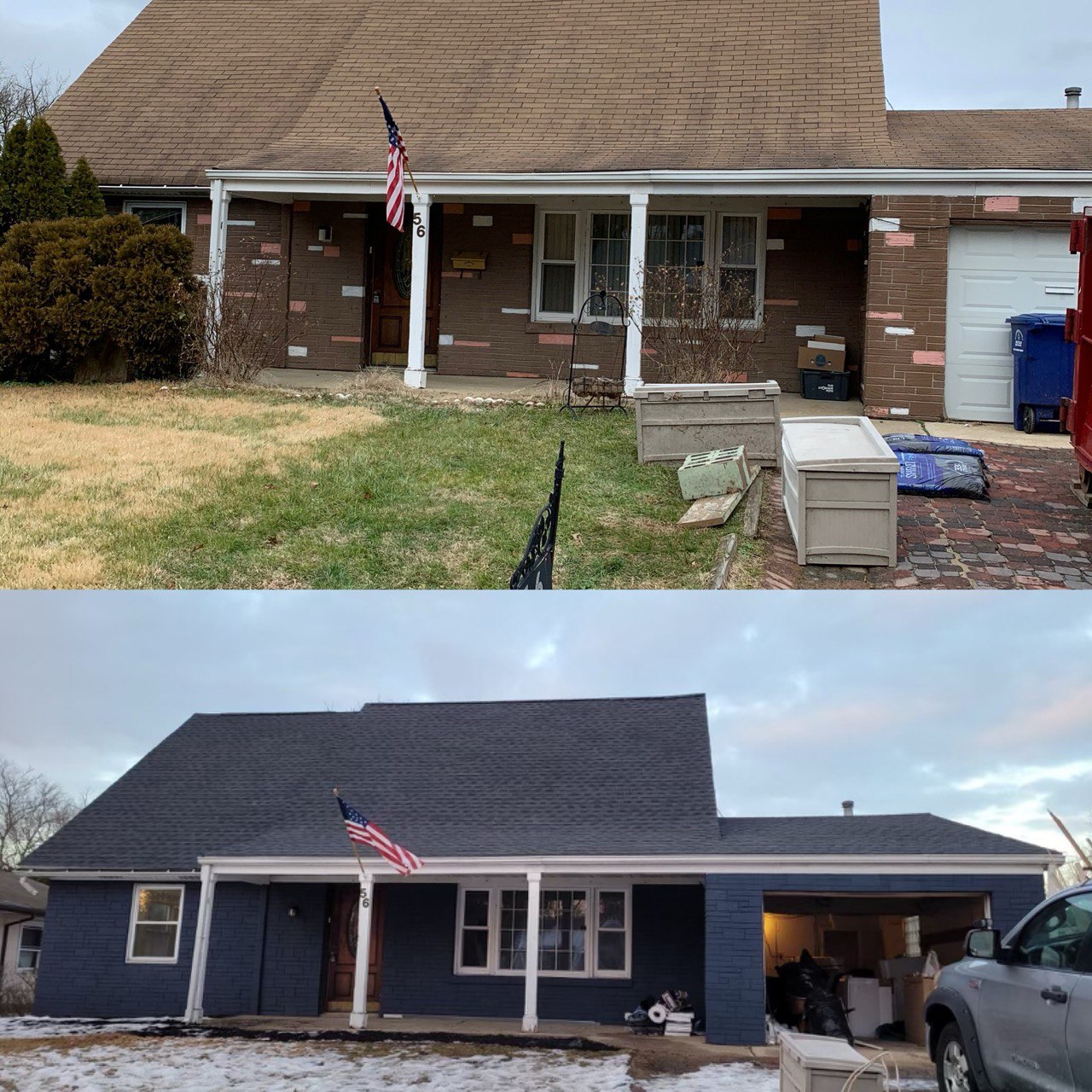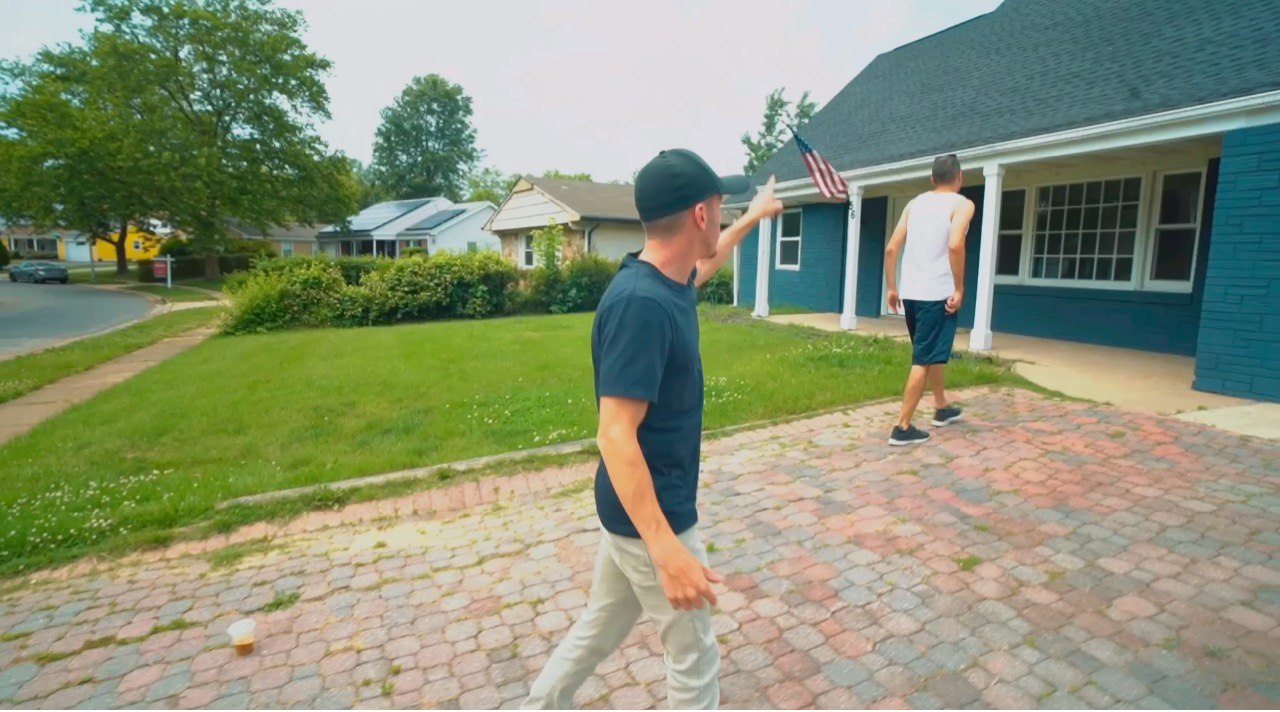
This blog post is being shared by our friends at RedFin:
So you’ve found your dream house and you’re ready to make an offer, but how do you make sure your offer stands out among all the others? How do you make your offer more appealing? Whether you’re dealing with a competitive housing market or a cautious seller, getting your offer accepted requires creativity, compromise, and a strong strategy.
So how can you convince a seller to side in your favor? Check out these 11 strategies to help you seal the deal and make “home sweet home” a reality.
- Get pre-approved for a home loan
Getting pre-approved will show the home seller you can actually afford to buy the home. This is an important step for a buyer in any situation, but it’s even more critical if you want to make the strongest case that your offer is solid. - Offer more than the list price
Whether you’re making an offer on a house in Atlanta, GA, or are looking to buy a condo in Dallas, TX, offering more money than anyone else usually wins the deal. So if you can afford it, offer more than the list price. - Add an escalation addendum
When making an offer on a house, you can stipulate that if anyone beats your offer you’ll raise your offer by a certain amount, with a cap as high as you’re willing to go. This also helps you avoid overpaying, but still keeps you in the game in case there are other offers coming in. - Waive contingencies
Contingencies are certain things that must be met in order to close a deal on a property – such as a home inspection. In multiple offer situations, buyers can waive some or all contingencies to reduce the seller’s risk and speed up the home selling process. Generally, the fewer contingencies you have, the stronger, but riskier, your offer. - Increase earnest money
Earnest money also referred to as the good faith deposit, is typically 1%–3% of the sale price of the home and is applied toward the buyer’s closing costs. It also shows that a homebuyer is serious about the purchase of a home, because if they walk away from a deal after it’s been accepted, such as a change of heart, the home seller usually gets to keep the earnest money. By increasing the amount of earnest money you put down, you can show how serious you are about buying any home. - Increase the amount you’re willing to put down.
A higher down payment typically means less financing issues with a mortgage lender and also less risk for a seller. So when you are wondering how to make an offer on a home and win, a higher down payment can make the difference. Presenting documents such as pay stubs, tax forms, and your 401(k) balance can also show that not only are you prepared to put more down, but you also have the funds to do it.
- Write a personal letter to the seller
Sometimes a personal offer letter can win a seller over when making an offer on a house. Tell them what you love about the home and try to make a personal connection. Compliment them on a recent renovation, a color palette choice, or the landscaping. It won’t always matter, but sometimes a personal touch such as a letter can mean more than having the highest bid. - Release earnest money early
This means the seller gets your earnest money, in cash, prior to closing. The strongest offers release all of it immediately upon going under contract. Note: This option only makes sense if you waive all contingencies when making an offer on a house. - Be flexible with the closing date
If your lender allows and you’ve been through underwriting, you can promise to close quicker (15–21 days). Generally, the faster the closing process, the stronger your offer. However, the seller may be looking for a longer closing process. In that case, letting the home seller know that you’re flexible with the closing date could allow them the much needed time to move their belongings into their next house. - Arrange a rent-back agreement
If the seller is nervous about selling their home before they can buy a new one, you can offer to be flexible with the closing date or arrange a rent-back agreement. This gives the sellers extra time to live in the home after closing. Essentially the buyer takes on the role of the landlord, and the seller becomes the tenant for a short period of time. - Pay in cash
This isn’t going to apply to everyone, but if you have the cash to cover the purchase price, offer to pay it all up front instead of getting financing. Not only are you eliminating the need for a third party to get involved in the deal, but you’re also showing the seller that you mean business.









